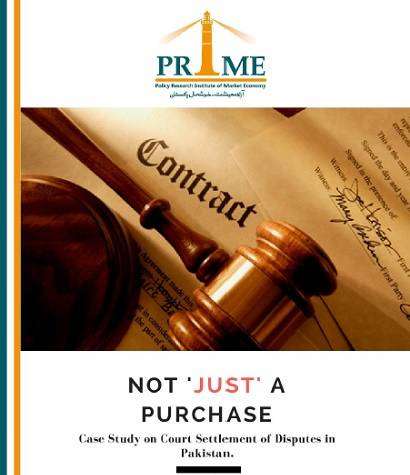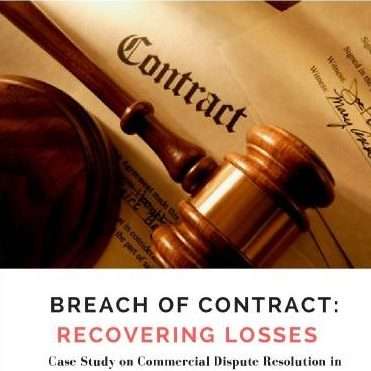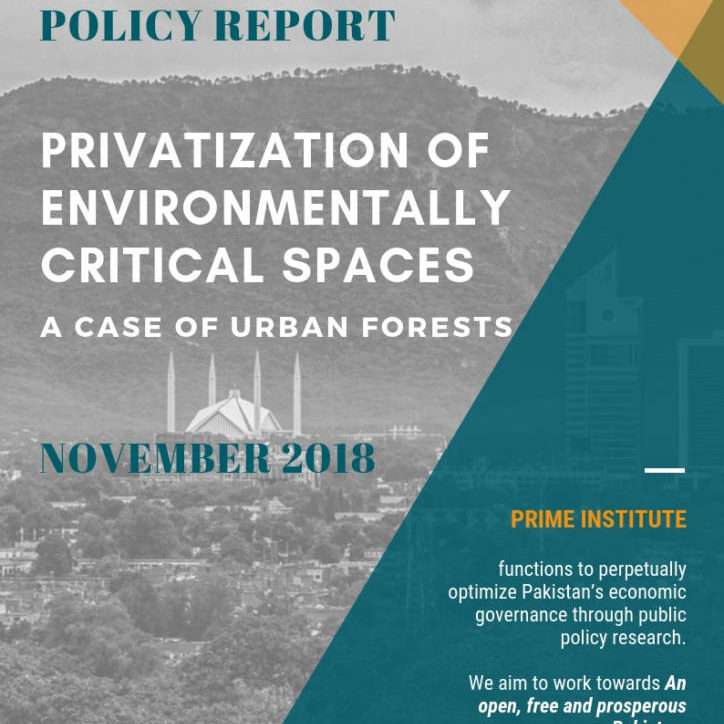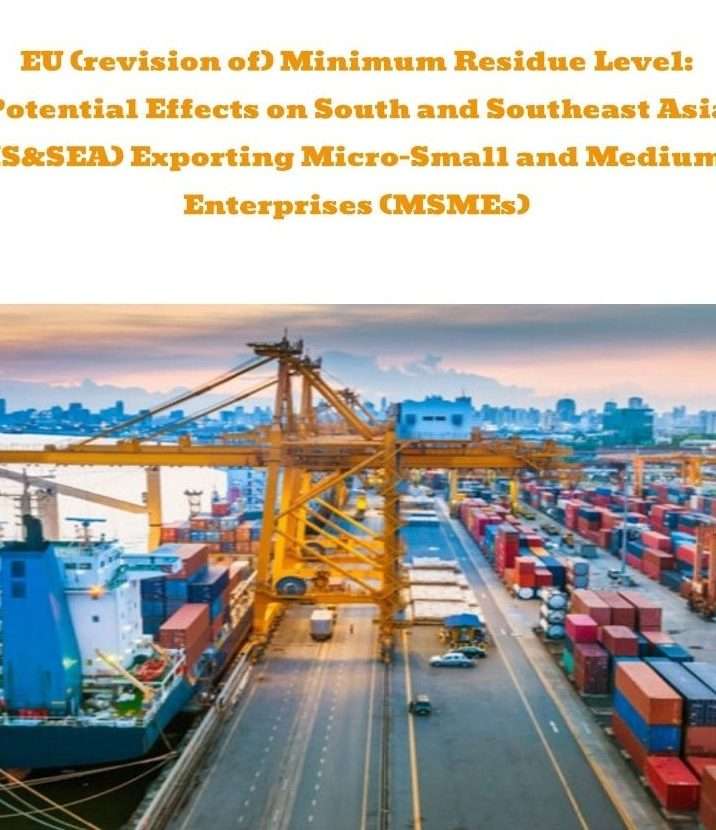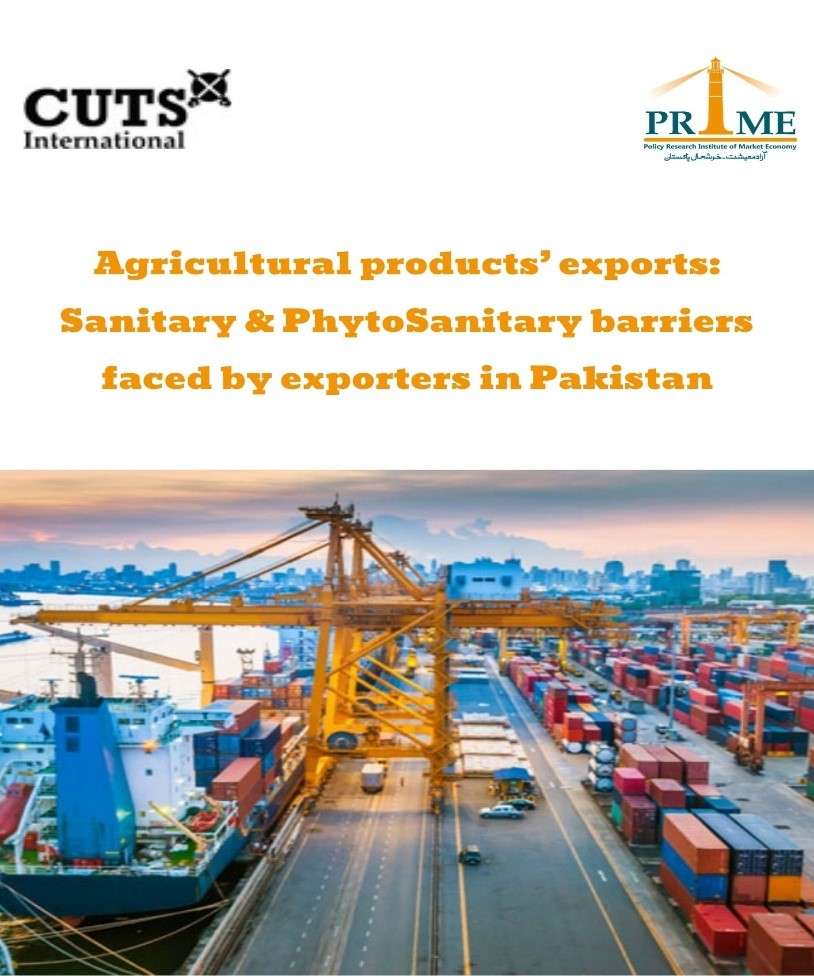Natural gas crisis (2016)
PRIME Analytical Reports are independent evidence based studies on the investment climate, economic policies and demographic changes in Pakistan, prepared to improve understanding of business and policy challenges faced by the country’s private sector to help it steer path of growth.





